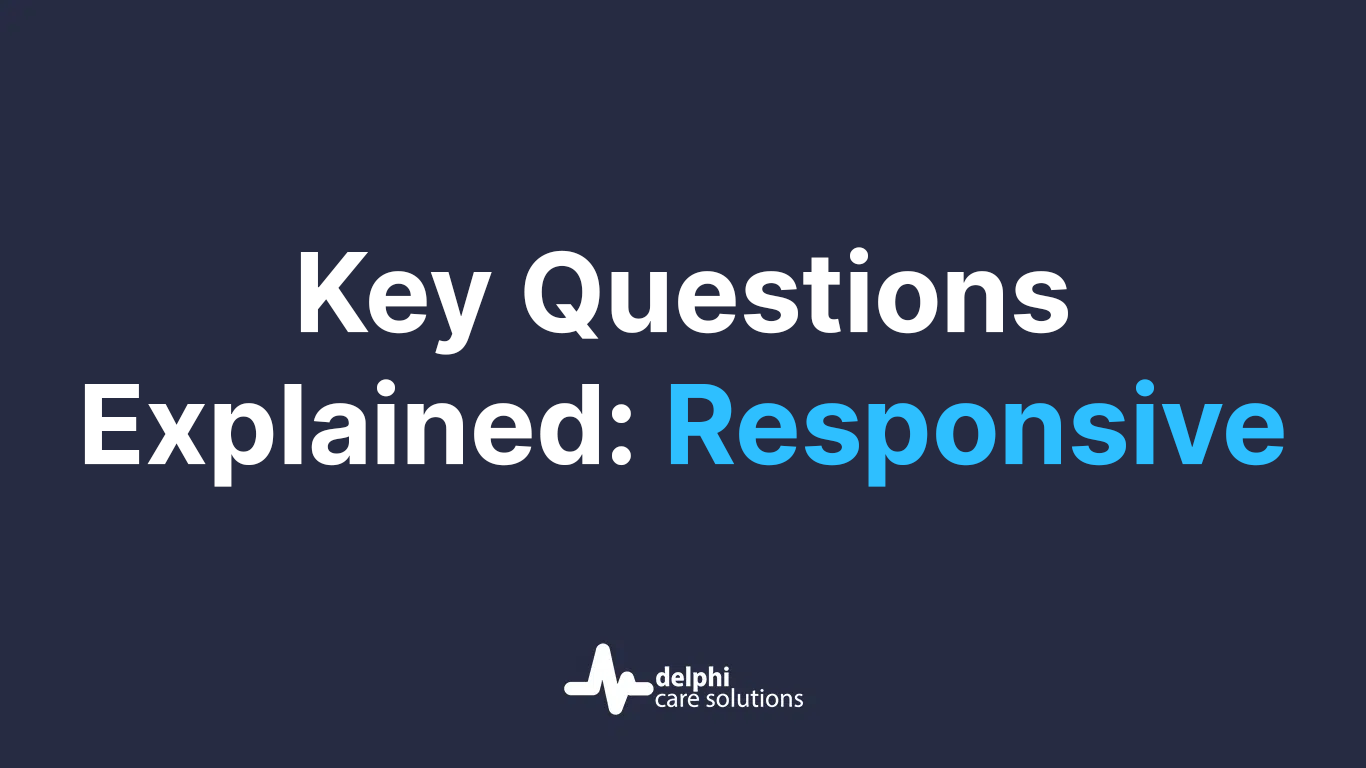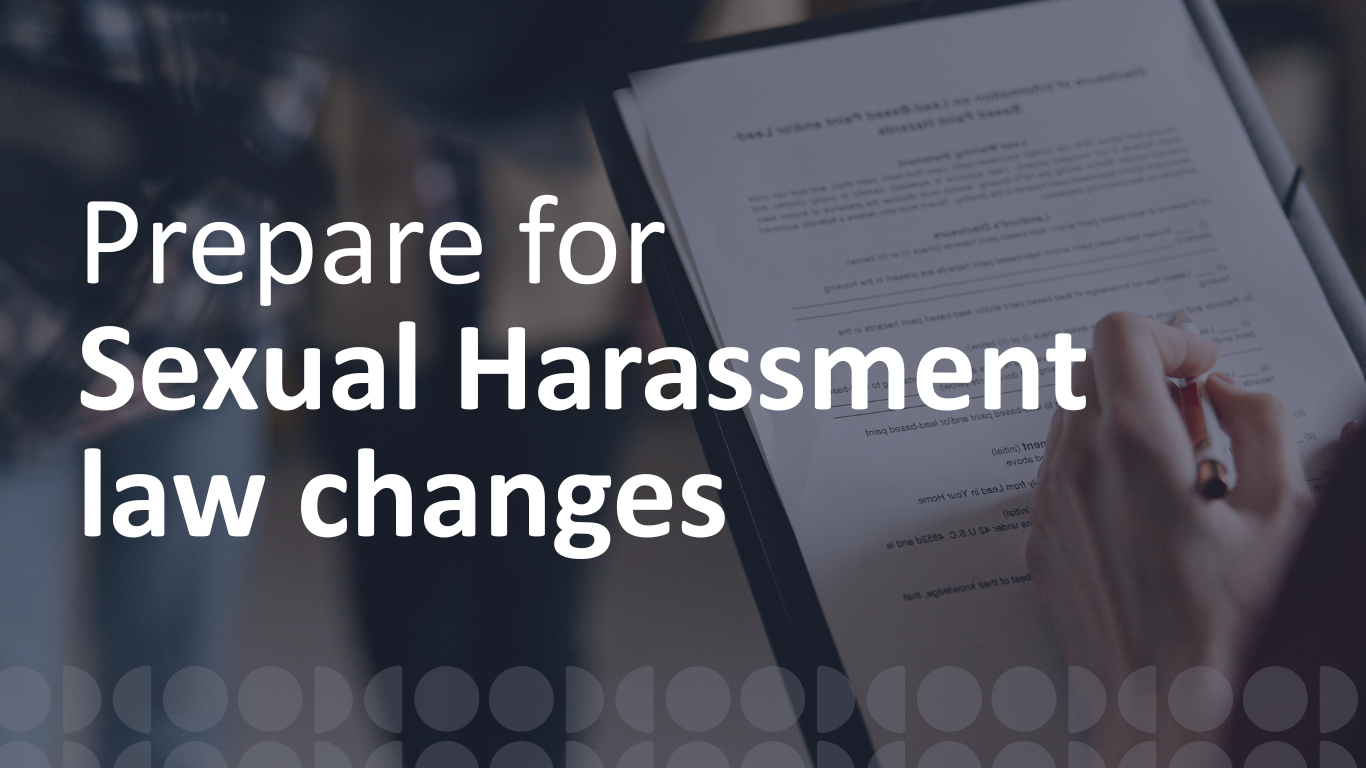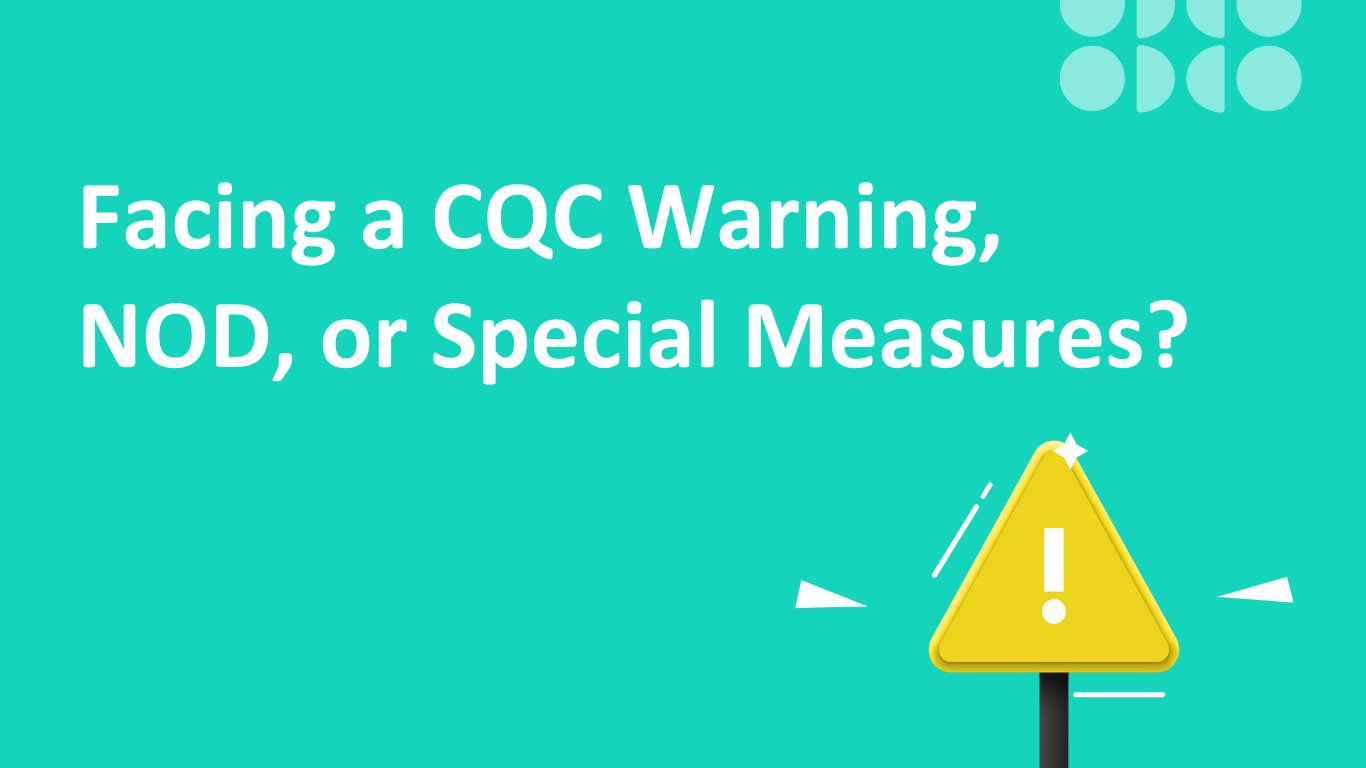Key Questions Explained: Responsive

‘Responsive’ is one of the CQC’s 5 core questions. This asks whether the service meets people’s needs quickly and appropriately every time. If the provider is able to answer “yes” to these questions, then people are likely to experience care that fits their lives rather than the other way round. If the answer is “no”, gaps are likely to open up that can lead to dissatisfaction, inequity and avoidable harm.
What does ‘Responsive’ mean?
The CQC describes a ‘Responsive’ service as one that can meet people’s needs and put people and communities at the centre of how care is planned and delivered.
Personalisation is a huge element of ‘Responsiveness’, as it means that care, treatment, and support can be adapted to an individual’s clinical, cultural, sensory, and social requirements, including protected characteristics.
It also looks at timeliness and accessibility to ensure that people can get the right help at the right time via the right channel. Any delays or rigid pathways are likely to be the enemy of a ‘Responsive’ culture.
How do you make sure your service is ‘Responsive’?
To ensure that your service is ‘Responsive’ you will need hard evidence, so try analysing local demographics, JSNA data sets, patient surveys and incident reports to find out more about who uses your service and who is not able to.
When you have that level of insight you can co-design pathways with service users, relatives and community groups, as these informal workshops can often reveal bottlenecks that clinicians miss.
You will also need to provide several equal-quality access routes including phone, walk-in, accessible websites, videos, interpreter lines and text relay so that a single blocked channel will never stand in the way of providing care.
It is also vital that you stay alert to feedback by tracking compliments and complaints alike, as well as FFT scores, and social media mentions.
This will allow you to publish the improvements that you make and pair feedback with numbers such as audit waits, DNAs and pathway pinch points to expose any hidden delays or equality gaps.
You should also train every employee in personalised communication. This can include easy-read leaflets, BSL options, trauma-informed language and culturally sensitive dialogue. By adapting tone, pace and format to each individual, you can ensure that people feel heard and able to make informed choices.
‘Responsive’ quality statements
The ‘Responsive’ quality statements are:
- Person centred care
- Care provision, integration and continuity
- Providing information
- Listening to and involving people
- Equity in access
- Equity in experiences and outcomes
- Planning for the future
What does CQC look for in the ‘Responsive’ key question?
CQC inspectors will look at people’s experience, feedback and complaints data, performance metrics and direct observations to pull together all necessary evidence.
They will look at any interviews, comment cards and care plan reviews to find examples of personal wishes being honoured and will also see if there are logs with themes, timelines and documented learning and action plans.
They will also look at things such as referral to treatment times, appointment availability, response times to call bells and equity impact reports to ensure there is a ‘Responsive’ service.
Stated policies will be cross checked to make sure they translate into real world practice. Inspectors are looking for innovative steps that will meet individual needs and want to see systems that can promote timely and ‘Responsive’ care.
It is important to remember that ‘Responsiveness’ is a strategic commitment to create services with the people who use them, as well as reviewing them on a constant basis and adapting quickly and effectively when necessary.
This will help to build trust, reduce complaints and boost outcomes for the people who use the service and need it the most.
Need some help?
Here at Delphi Care we have to knowledge and expertise to help your service meet the standards for ‘Outstanding’ care. Our team is made up of former CQC inspectors and ex registered managers, with over 200 collective years’ experience of working in the health and social care sector.
Whether you require our consultancy services, mock inspections, or crisis management and turnaround, we’re here to help! Simply contact us today on 0330 133 3002 or email us at customer-care@delphi.care.














